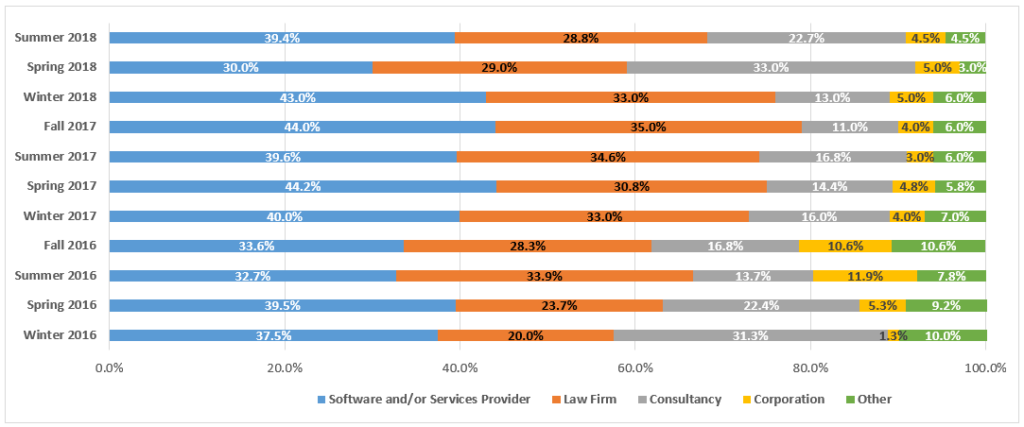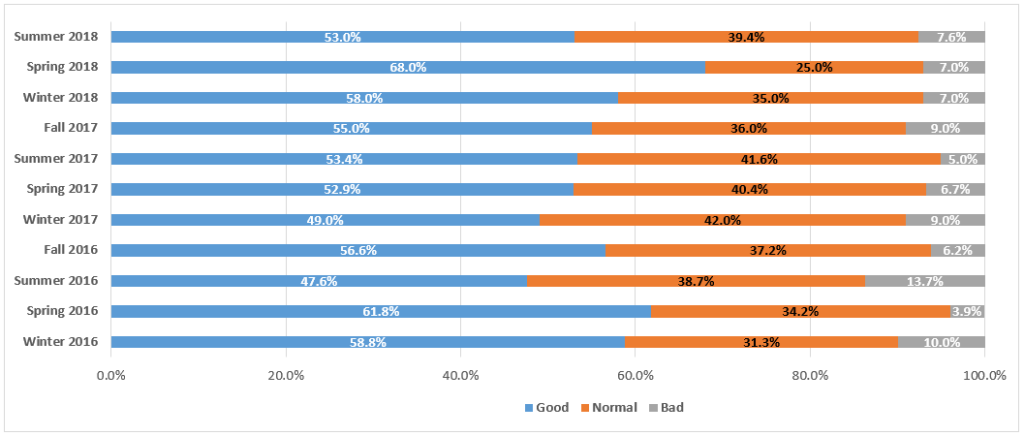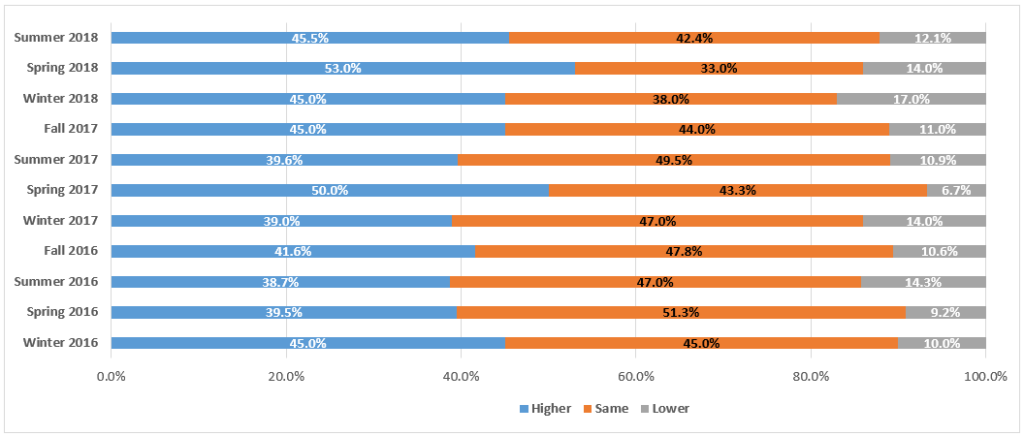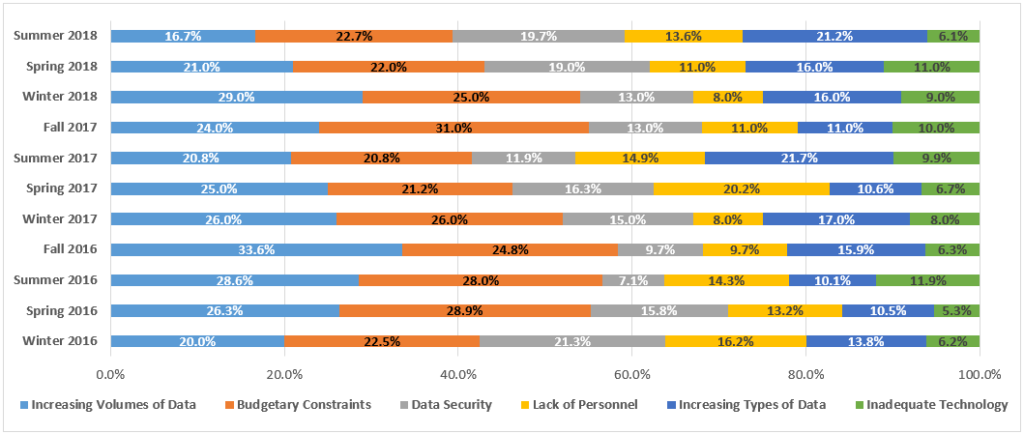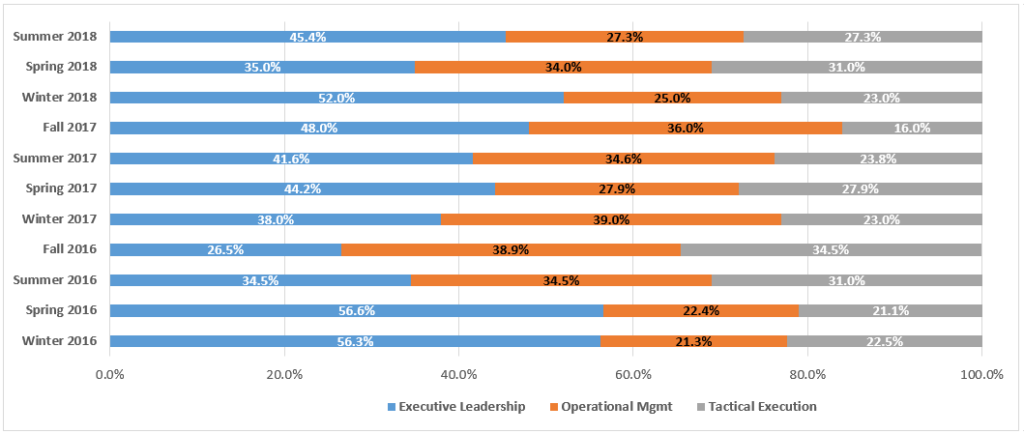TAR Rules for the New York Commercial Division: eDiscovery Trends
File this one under stories I missed until yesterday. We’ve seen plenty of cases where the use of Technology Assisted Review (TAR) has been approved and even one this year where a protocol for TAR was ordered by the court. But, here is a case of a jurisdiction that has proposed and adopted a rule to encourage use of the most efficient means to review documents, including TAR.
As reported in the New York Law Journal (NY Commercial Division Gives Fuller Embrace to E-Discovery Under New Rule, written by Andrew Denney), the New York Commercial Division has adopted a new rule to support the use of technology-assisted document review in appropriate cases.
As the author notes, plenty of commercial litigants are already using technology to help them breeze through potentially labor-intensive tasks such as weeding out irrelevant documents via predictive coding or threading emails for easier reading. But unlike the U.S. District Court for the Southern District of New York, which has developed a substantial volume of case law bringing eDiscovery proficiency to the bar (much of it authored by recently retired U.S. Magistrate Judge Andrew Peck), New York state courts have provided little guidance on the topic.
Until now. The new rule, proposed last December by the Commercial Division Advisory Council and approved last month by Lawrence Marks, the state court system’s chief administrative judge and himself a former Commercial Division jurist, would fill the gap in the rules, said Elizabeth Sacksteder, a Paul, Weiss, Rifkind, Wharton & Garrison partner and member of the advisory council. That rule, to be incorporated as a subpart of current Rule 11-e of the Rules of the Commercial Division, reads as follows:
The parties are encouraged to use the most efficient means to review documents, including electronically stored information (“ESI”), that is consistent with the parties’ disclosure obligations under Article 31 of the CPLR and proportional to the needs of the case. Such means may include technology-assisted review, including predictive coding, in appropriate cases.
Muhammad Faridi, a commercial litigator and a partner at Patterson Belknap Webb & Tyler, said that using technology-assisted review is nothing new to most practitioners in the Commercial Division, but it is “revolutionary” for the courts to adopt a rule encouraging its use. Maybe so!
So, what do you think? Are you aware of any other rules out there supporting or encouraging the use of TAR? If so, let us know about them! And, as always, please share any comments you might have or if you’d like to know more about a particular topic.

Sponsor: This blog is sponsored by CloudNine, which is a data and legal discovery technology company with proven expertise in simplifying and automating the discovery of data for audits, investigations, and litigation. Used by legal and business customers worldwide including more than 50 of the top 250 Am Law firms and many of the world’s leading corporations, CloudNine’s eDiscovery automation software and services help customers gain insight and intelligence on electronic data.
Disclaimer: The views represented herein are exclusively the views of the author, and do not necessarily represent the views held by CloudNine. eDiscovery Daily is made available by CloudNine solely for educational purposes to provide general information about general eDiscovery principles and not to provide specific legal advice applicable to any particular circumstance. eDiscovery Daily should not be used as a substitute for competent legal advice from a lawyer you have retained and who has agreed to represent you.






